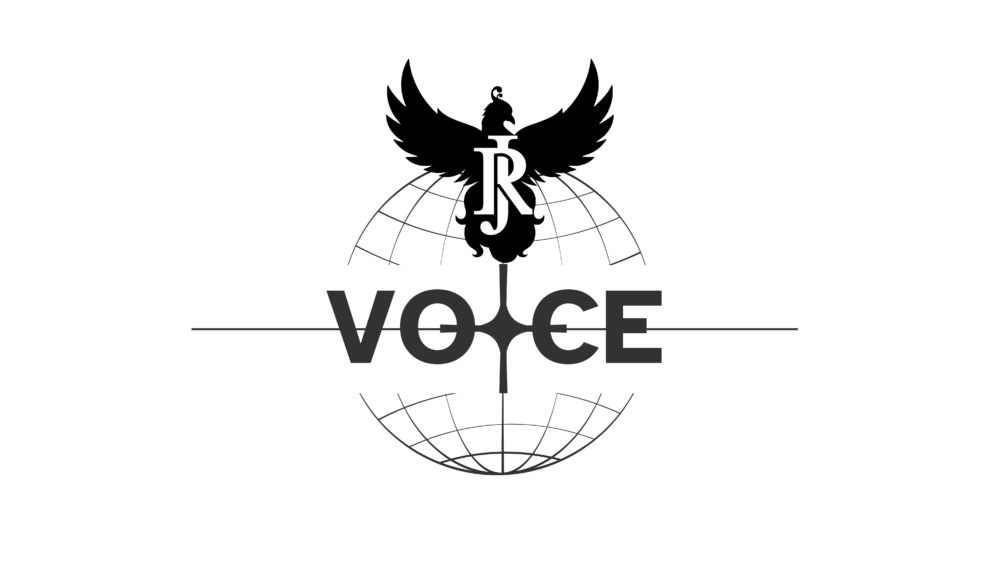The horrific drowning of 32-year-old trans woman Sara Millerey González, known as “La Millerey,” has ignited national outrage in Colombia after video footage of her final moments circulated widely on social media. The brutal crime took place in a ravine in Bello, a municipality neighboring Medellín, where Sara was reportedly thrown into the water with multiple broken limbs, rendering her unable to swim. Despite her visible distress, no one intervened.
Sara’s murder adds to an alarming surge in violence against Colombia’s LGBTQ+ population in 2025. According to the Human Rights Observatory of the advocacy group Caribe Afirmativo, 25 LGBTQ+ individuals have been killed this year, with at least 15 of the victims identifying as transgender or having trans life experiences.
“This was an act of cruelty and complete disregard for human dignity,” said Wilson Castañeda, director of Caribe Afirmativo. “It reflects a disturbing and systematic effort to erase trans identities from our society.” Castañeda also expressed concern that, despite progressive measures—such as the creation of a government office focused on sexual and gender diversity within the Ministry of Equality—violence against LGBTQ+ individuals remains rampant.
The attack has drawn widespread condemnation from national authorities. The Ombudsman’s Office reported that 13 transfeminicides have been recorded in just the first quarter of the year. Meanwhile, Bello’s local government announced it has opened an investigation, though no suspects have yet been identified despite the video evidence.
President Gustavo Petro also addressed the killing, describing it as an act of “fascism” in a statement shared alongside the video. “There are Nazis in Colombia,” he said, warning that hate-based ideologies continue to thrive across parts of the country.
Activists say this tragedy reflects a larger pattern of violence in specific regions, particularly in the Aburrá Valley surrounding Medellín and the Aguablanca district of Cali. These areas have become hotspots for gender-based attacks, and local governments are under increasing pressure to take meaningful action.
Beyond government response, advocates are urging the public to break its silence. “Social indifference is deadly,” said Castañeda. “When society refuses to confront hate, it enables those who commit these crimes to act with impunity.”
In response to the killing, LGBTQ+ organizations across Colombia have announced candlelight vigils, or “velatones,” in major cities such as Bogotá and Medellín. These gatherings will honor Sara’s memory and demand justice—not just for her, but for all victims of anti-LGBTQ+ violence in the country.
As Colombia grapples with this tragedy, Sara Millerey González’s name now joins a long list of trans individuals lost to violence—victims of a societal and institutional failure to protect them. The fight for justice and equality continues, fueled by the outrage of those who refuse to let her story be forgotten.































































